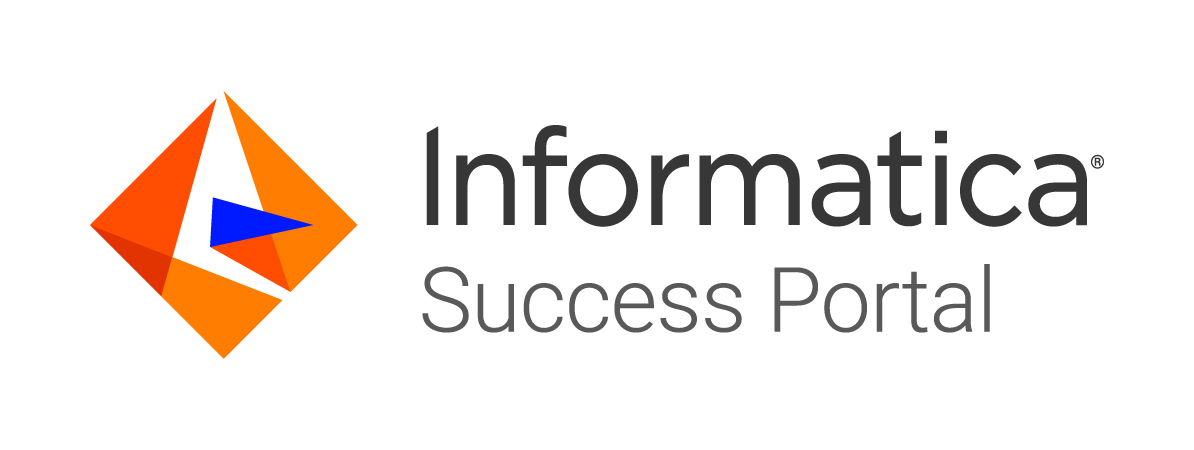-
Manage your Success Plans and Engagements, gain key insights into your implementation journey, and collaborate with your CSMsSuccessAccelerate your Purchase to Value by engaging with Informatica for Customer SuccessAll your Engagements at one place
-
A collaborative platform to connect and grow with like-minded Informaticans across the globeCommunitiesConnect and collaborate with Informatica experts and championsHave a question? Start a Discussion and get immediate answers you are looking forCustomer-organized groups that meet online and in-person. Join today to network, share ideas, and get tips on how to get the most out of Informatica
-
Troubleshooting documents, product guides, how to videos, best practices, and moreKnowledge CenterOne-stop self-service portal for solutions, FAQs, Whitepapers, How Tos, Videos, and moreVideo channel for step-by-step instructions to use our products, best practices, troubleshooting tips, and much moreInformation library of the latest product documentsBest practices and use cases from the Implementation team
-
Rich resources to help you leverage full capabilities of our productsLearnRole-based training programs for the best ROIGet certified on Informatica products. Free, Foundation, or ProfessionalFree and unlimited modules based on your expertise level and journeySelf-guided, intuitive experience platform for outcome-focused product capabilities and use cases
-
Library of content to help you leverage the best of Informatica productsResourcesMost popular webinars on product architecture, best practices, and moreProduct Availability Matrix statements of Informatica productsMonthly support newsletterInformatica Support Guide and Statements, Quick Start Guides, and Cloud Product Description ScheduleEnd of Life statements of Informatica productsMonitor the status of your Informatica services across regions
Process Developer
Share On:
Cloud Data Warehouse & Data Lake
Cloud Data Warehouse & Data Lake
Last Updated Date May 25, 2021
|
The process developer is responsible for the design, build, and testing of a Business Process or Service Integration and related components. The process developer must be able to translate business requirements into a technical solution. The nature of many Service Orchestration, BPM, or service integration projects often requires wide range of skills, which includes XML, Web Services, REST Applications and various languages such as XSLT, Xquery, Xpath, JavaScript, Html, SQL, Java.
Responsibilities
- Design, development, and unit testing of complex interactive processes.
- Develop complex data transformation mostly on XML or JSON documents
- Develop Human Tasks and Screenflow Service Integration Components (Forms, Automated Steps, Data Access Services)
- Unit test process flows for accuracy and consistency
Qualifications/Certifications
- Ability to work effectively with both business and technical stakeholders.
- Has a good knowledge of SOA and Enterprise Architecture
- Good Understanding of Service Interface design principles
- Has a good knowledge of underlying standards used in SOA and BPM such as XML, Web Services (SOAP/REST), WSDL, ws-* standards, etc.
- Has a good understanding of process notation and execution language (BPMN, BPEL)
- Has a knowledge of the tools and technologies used in the integration solution.
- Ability to document specifications and develop test cases.
